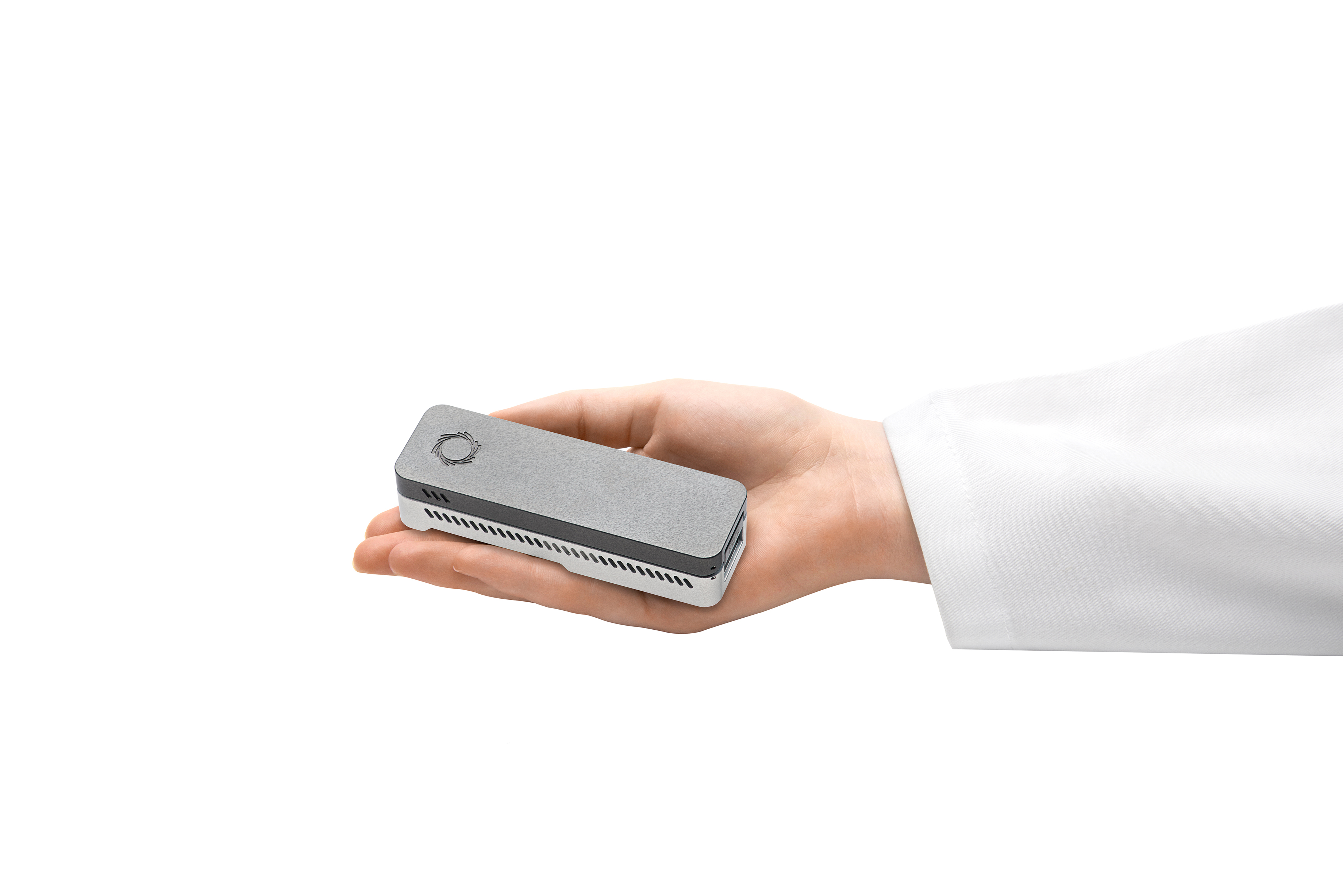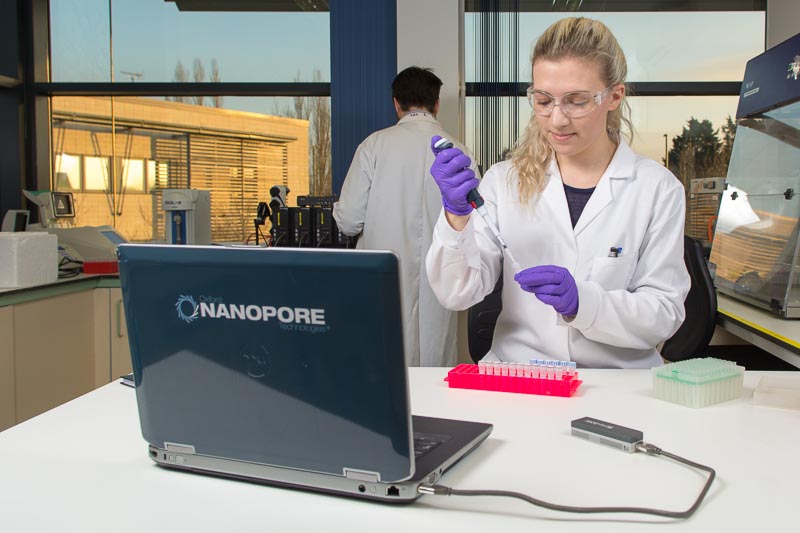Undergraduate research activities at UAF cover a broad spectrum of disciplines, from climate science to life science, engineering to anthropology, and music to theater. This year, Jackson Drew presented his URSA sponsored independent research project on the Alaska Soil Microbiome. The MinION Hackathon crew also presented their work using nanopore sequencing technology.
Undergraduate research activities at UAF cover a broad spectrum of disciplines, from climate science to life science, engineering to anthropology, and music to theater. This year, Jackson Drew presented his URSA sponsored independent research project on the Alaska Soil Microbiome. The MinION Hackathon crew also presented their work using nanopore sequencing technology.
 Undergraduate researcher
Undergraduate researcher 

